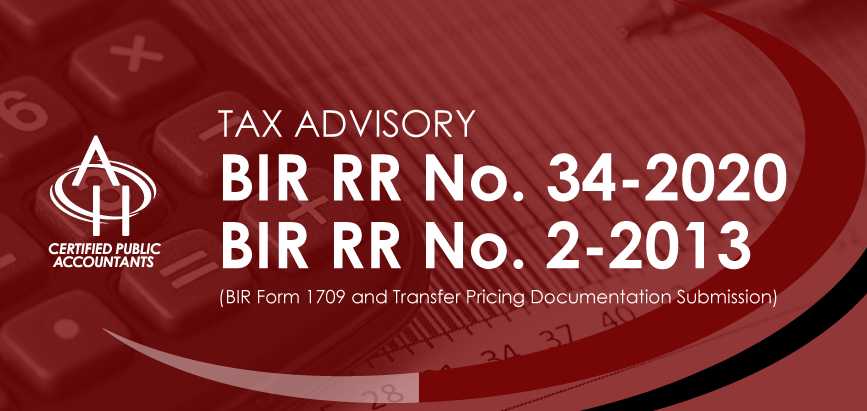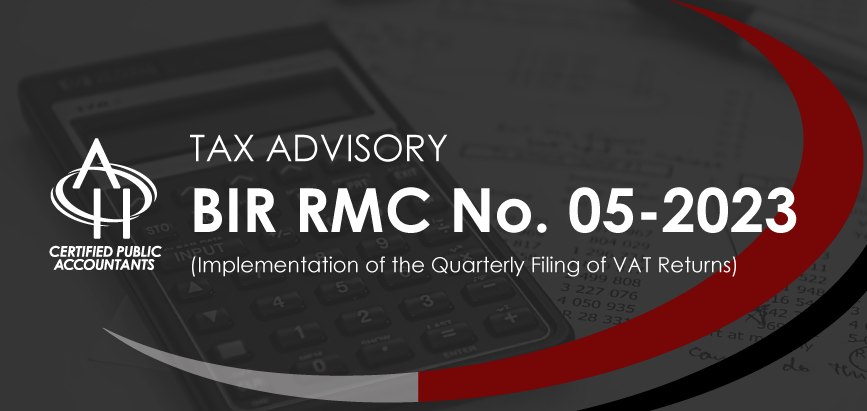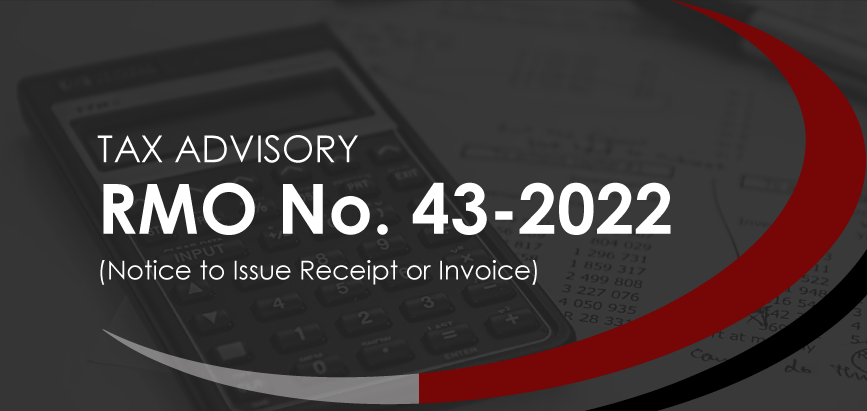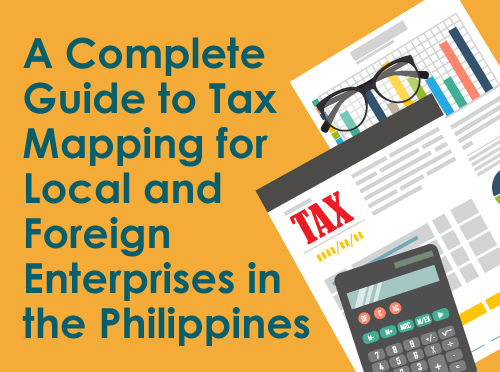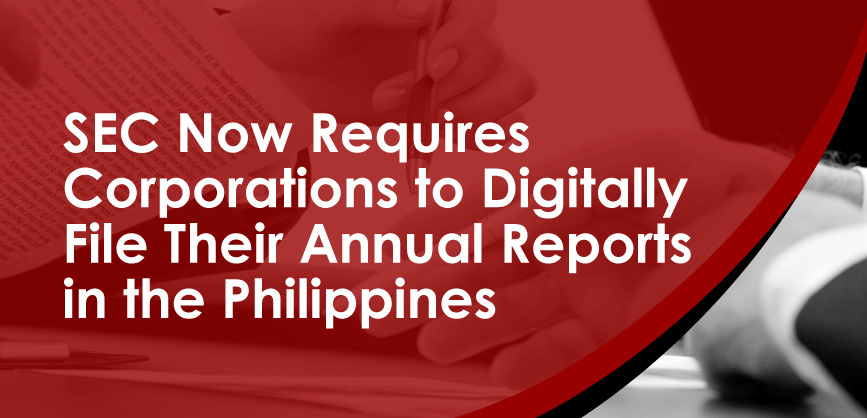The BIR’s eAFS system allows taxpayers to conveniently submit their tax filings online in only a few steps.
Admin
Businesses operating in the Philippines are required to submit the required documents for their taxes. This article will discuss BIR form 1709 and TPD.
In its latest advisory, BIR implemented a new payment deadline under the amended subsection of RR No. 13-2018.
It’s almost the end of the year. Therefore, businesses and corporations are required to comply with the year-end tax compliance.
Recently, BIR released RMO No. 43-2022, requiring taxpayers and registered entities to comply with the new “Ask for Receipt” provisions.
Businesses are required to annually renew their business permit from January 1st to the 20th with their local government unit.
As part of running a business in the Philippines, the law requires local and foreign enterprises to be fully compliant with current tax laws on a daily basis.
Ensuring that your company’s operations run smoothly is one of the top priorities of any businessman. Along with managing operations, you must also make sure that your finances are planned out and maximized to fully cater to your business needs.
On March 26, 2021, President Rodrigo Duterte signed into law Republic Act (RA) No. 11534, otherwise known as the Corporate Recovery and Tax Incentives for Enterprises (CREATE) Act.
The Securities and Exchange Commission (SEC) issued SEC Memorandum Circular (MC) No. 3-2021 to prescribe the use of the Online Submission Tool (OST) for the filing of audited financial statements (AFS), general information sheets (GIS), and other annual reports of registered corporations in the Philippines.



